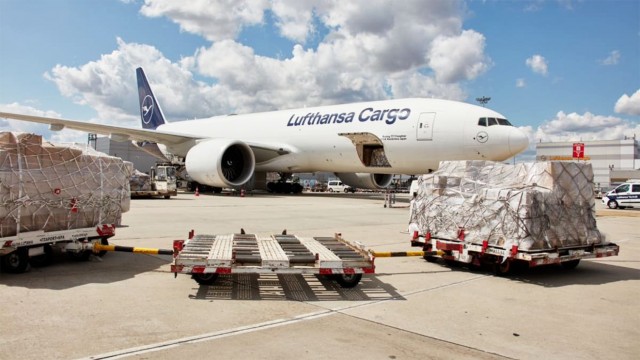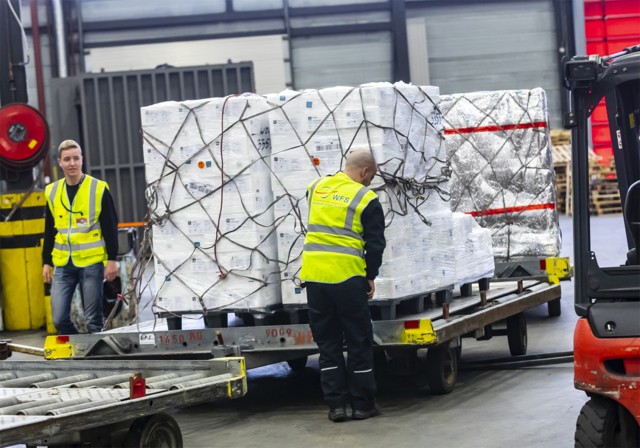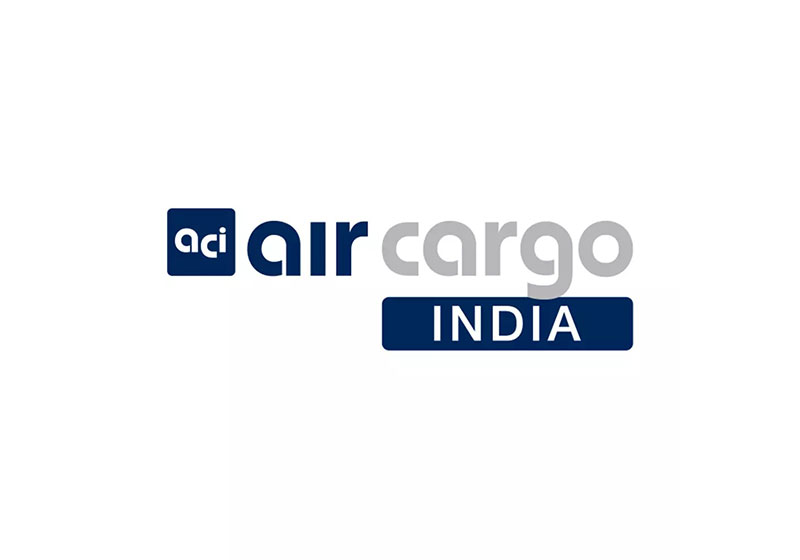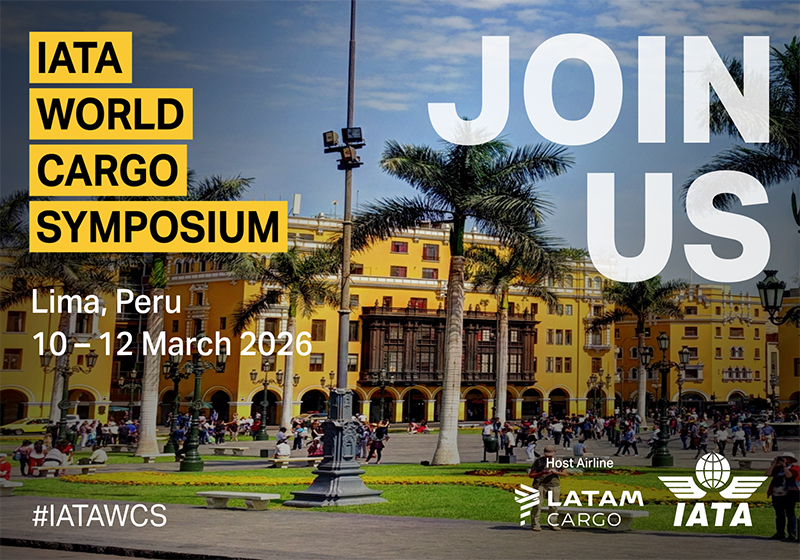Lufthansa Cargo contributes many years of digitalization expertise to Federal Ministry of Transport and Digital Infrastructure (BMVI) project.
Lufthansa Cargo is part of the new, federal research project "Digital Test Field Air Cargo" of the German Federal Ministry of Transport (BMVI), which is coordinated by the Fraunhofer Institute for Material Flow and Logistics (IML). The aim is to increase the efficiency and performance and competitiveness of air cargo in Germany by improving the networking of all the players involved and digitizing processes.
Air cargo has proven its systemic relevance for supplying the German and European economy and society during the pandemic. However, air cargo in Germany is in fierce competition with locations and providers in Europe and the world. Digitalization or artificial intelligence are therefore important prerequisites for improving performance and also make valuable contributions to climate and environmental protection. For this reason, the German Federal Ministry of Transport published the Innovation Concept Logistics 2030 in 2018 and, among other things, held out the prospect of testing a Digital Test Field Air Cargo. Lufthansa Cargo has espoused the realization of it in the Innovation Commission of the BMVI and with partners from logistics and research.
"We are pleased that the Federal Ministry of Transport has clearly committed itself to air freight in Germany with the Digital Test Field Air Cargo. We want to contribute to further strengthening Germany as a business location. That is why we are contributing our many years of experience in digitalization along the supply chain to this nationwide project and ultimately also want to set international standards. Digitalizing air freight further also means making it more sustainable. To this end, we see great potential in optimized data exchange between all partners in the airfreight transport chain, for example, which we want to leverage," said Harald Gloy, Lufthansa Cargo's Executive Board member for Operations and Human Resources and a member of the BMVI's Innovation Commission.
Within the project, Lufthansa Cargo is focusing on intensified data exchange between all partners in the transport chain, even beyond the roles that have been typical in the transport process to date. This data exchange is the basis for all data-driven optimizations and AI-based applications.
For example, digital accompanying documents from manufacturers to consignees will be made available to all parties by using IATA's new, open ONE Record standard. This standard was significantly co-designed by Lufthansa Cargo. Likewise, temperature data, position data and photos of the entire transport chain are to be made available in order to identify and solve problems earlier. This can increase transparency and make processes and capacities more efficient through better forecasts and higher data quality. Eventually, this also leads to a reduction in CO2 emissions.






